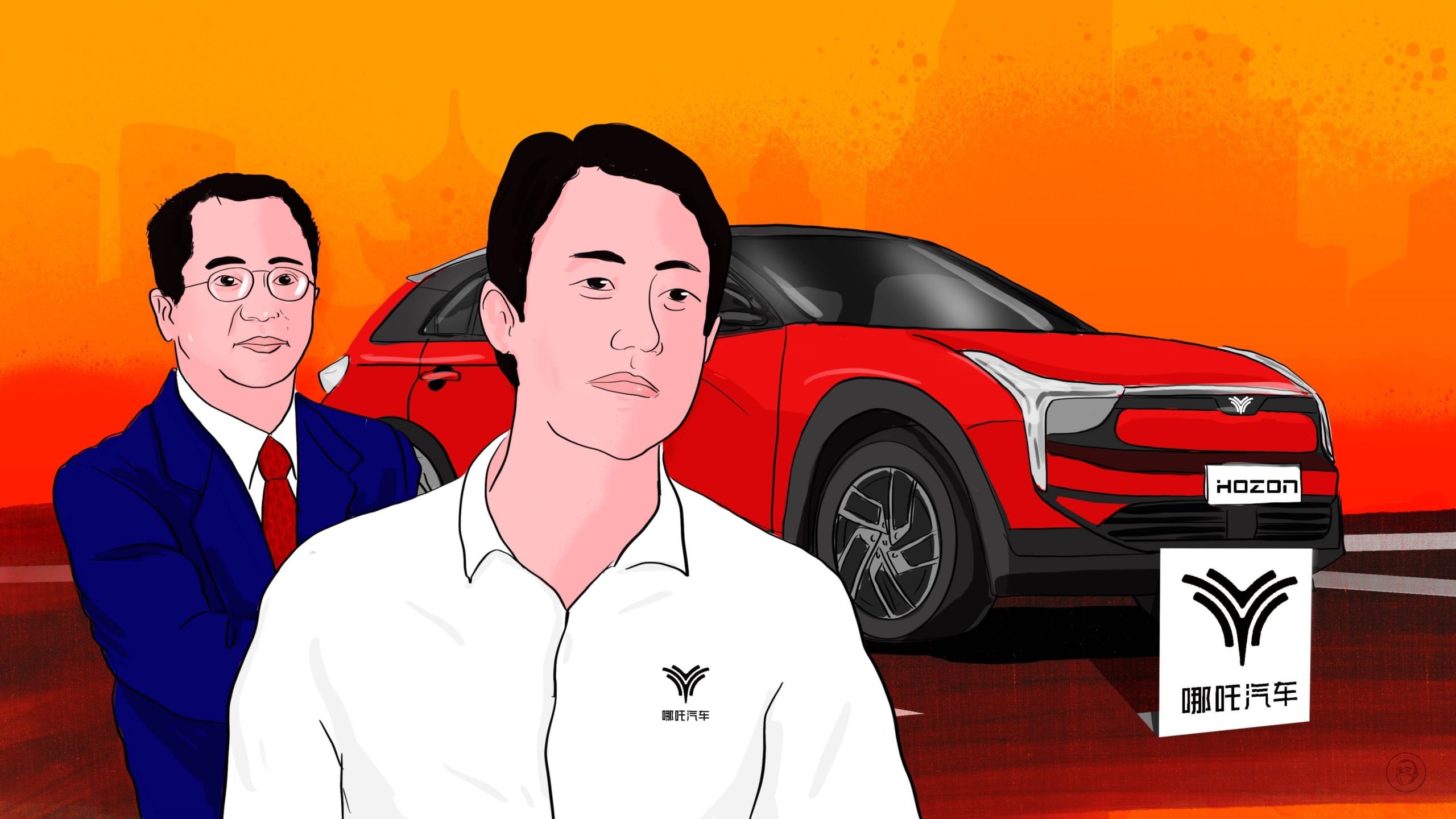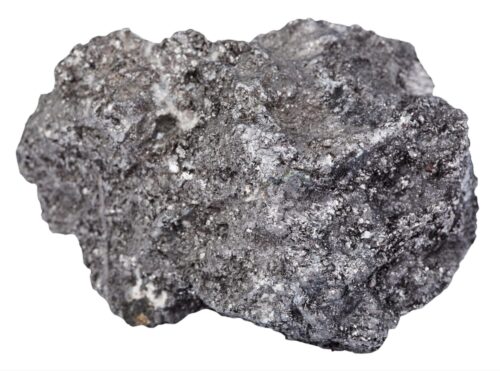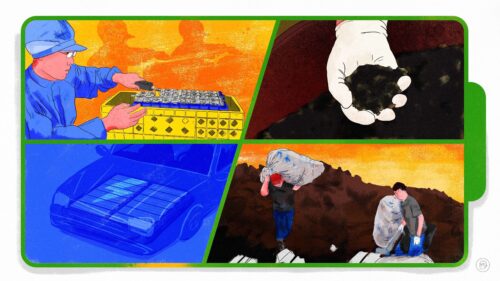Hozon Auto: high electric vehicle sales but few customers
Hozon Auto is a shooting star in China’s electric vehicle industry: This year, it suddenly achieved the highest sales after industry giant BYD. But these numbers aren’t all they’re cracked up to be.

Over the last few months, while electric vehicle (EV) behemoth BYD has had monthly sales tallies of over 200,000 units (reaching 217,800 units in October), the chasing pack has included a rising EV star: Hozon Auto 哪吒汽车. But the company’s high sales numbers are a slightly misleading story.
In 2022, aside from BYD, Hozon Auto has consistently outperformed all China’s other EV brands, including the three renowned up-and-coming brands NIO, XPeng, and Li Auto (collectively referred to as “Wei Xiao Li”):
- At the end of August in terms of cumulative year-to-date EV sales, Hozon Auto was leading the pack with 93,185 units, followed by XPeng with 90,085, Leap Motor with 76,563, Li Auto with 75,396, and finally NIO with 71,556.
- In August, Hozon Auto sold more than 16,000 units, and in September and October, when the Wei Xiao Li brands were struggling to crack monthly sales of 10,000 units, Hozon Auto continued to increase its sales tallies, with more than 16,000 units in September and over 18,000 units in October, which was a year-on-year increase of 122%.
Smoke and mirrors
How did Hozon Auto — a brand with currently only two low-cost SUVs on the market, the Neta U and Neta V — sell so many cars? Recent analysis of the company’s high monthly sales tallies has revealed that the numbers are not all they’re cracked up to be. In October, when Hozon Auto reported sales of 18,016 units, for example, only 9,832 of these cars were actually insured, which means they were sold to individual customers. The missing 8,184 units were likely all sold not to individual customers but to car businesses like rental companies and car-hailing companies, as well as local governments.
While for most brands the difference between retailed units and insured units was a few hundred, for Hozon Auto, the difference has been large and increasing: 2,573 units in July, 4,267 in August, 1,510 in September, and finally 8,184 in October.
Hozon Auto CEO Daniel Zhang (张勇 Zhāng Yǒng) has stated that selling to car companies is a good way to get a brand’s vehicles rapidly into the market, but the company’s focus is on selling to individual customers. Indeed, high sales to car companies can be a short-term solution to buck up sales, but it is not contributing much to expanding Hozon Auto’s brand recognition among customers.
While Hozon Auto has achieved high sales, in 2021, the company’s two SUVs had an average price of only 82,300 yuan ($11,465). The company’s new sedan, the Neta S, intended to compete with BYD’s Seal and Tesla’s Model 3, will be in the higher end of the market and will cost between 199,800 yuan ($27,835) and 338,800 yuan ($47,200). But the Neta S is not yet fully on the market and its sales numbers are not yet publicly available. Daniel Zhang has stated that pre-orders for the sedan have reached 15,000 units, but this has been received with some skepticism in the industry.
Very familiar problems
Despite Hozon Auto’s rising sales numbers, the company is facing all the familiar problems of China’s EV industry: the cost of developing technology, difficulty raising financing, and high levels of debt. And Hozon Auto seems even less prepared to deal with these challenges than the Wei Xiao Li brands.
Hezong New Energy, the parent company of Hozon Auto, was established in 2014, the same year as the Wei Xiao Li brands. Hozon Auto was launched in 2018 when Daniel Zhang joined as CEO, and the brand’s initial strategy was to produce low-end models and focus first on corporate customers, notably local governments. In 2018, Hozon Auto launched its first model, the SUV Neta N01, at the Guangzhou Auto Show, with a price tag of less than 80,000 yuan ($11,145). The N01 received 50,000 orders before it shipped, but almost all of these were from corporate customers, mostly travel agencies. In fact, in 2019, corporate and government sales accounted for 50% of all Hozon Auto’s sales.
In 2019, Hozon Auto’s B round of financing was led by the local governments of Yichun (Jiangxi Province) and Nanning (Guangxi Autonomous Region), and at the time, Hozon Auto received most of its orders from such local governments in these areas.
In 2021, Hozon Auto completed D rounds of financing of around 10 billion yuan ($1.39 billion), which was led by Qihoo 360, an internet security company, and its CEO, Zhōu Hóngyī 周鸿祎, who injected capital into Hozon Auto and eased some of the company’s financial distress. With Qihoo 360 on board, Hozon Auto began the process of producing higher-end models, with the Neta V Pro SUV released in 2021, and the Neta S sedan set to ship before the end of 2022, both of which are equipped with Qihoo 360 software. The Neta S also features Huawei’s intelligent driving platform and Lidar technology.
Hozon Auto claims that its new Neta S sedan will be running self-developed technology, but as outlined above, the car will in fact contain a patchwork of software and technology from other companies. Last week, Hozon Auto launched a new EV technology brand called Haozhi along with three new products: a “supercomputing platform,” an electric drive system, and a range extender. Yet this is an initial tentative step at developing the brand’s own technology and will not be used in any of Hozon Auto’s cars until at least 2025.
Furthermore, Hozon Auto has been unable to enter the capital markets: In 2020, the company tried to list on the Shanghai Stock Exchange, and from early 2022, the company shifted its focus to the Hong Kong Stock Exchange — but these attempts have failed. And like most of China’s other EV brands (including the Wei Xiao Li brands), Hozon Auto is not at all profitable: In 2021, its total revenue was 5.73 billion yuan ($798.98 million) and it suffered a net loss of 2.90 billion yuan ($405.13 billion). In 2020 and 2021, Hozon Auto had a cumulative loss of 4.20 billion yuan ($585.13 million). In 2021, the Wei Xiao Li brands spent between 3 billion yuan and 5 billion yuan on research and development alone, which is almost as much as Hozon Auto’s total revenue.
The takeaway
Hozon Auto’s current high monthly sales tallies are clearly based on deal making rather than success with individual customers. It’s going to be a perilous journey for Hozon Auto to keep going with continuing high net losses and without access to the capital markets.






